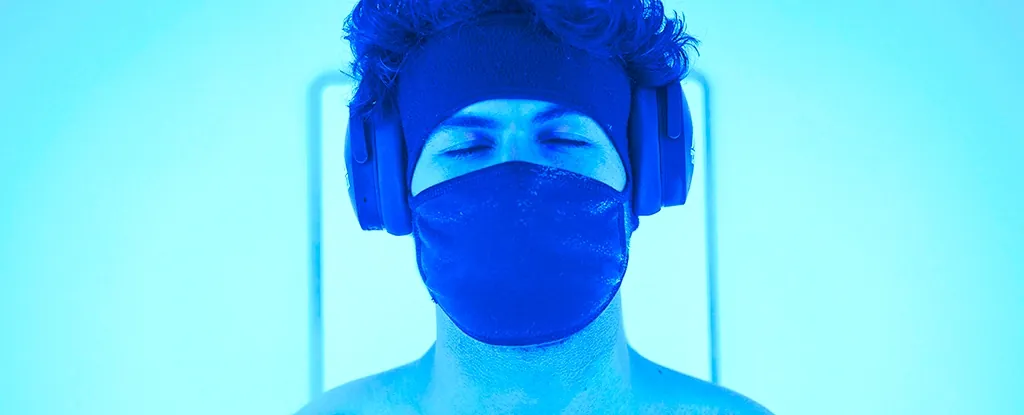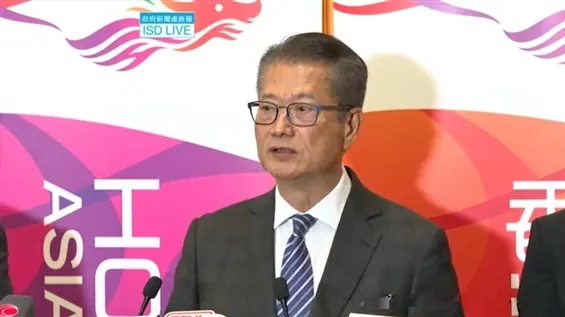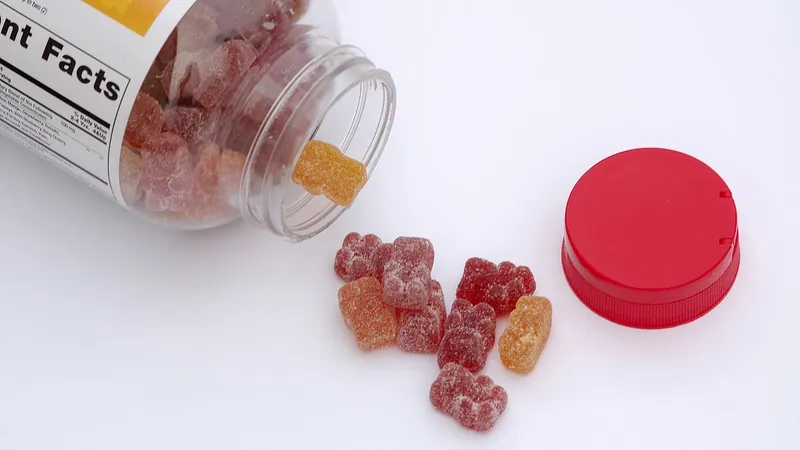
Discover the Surprising Secret to Better Sleep: Cryotherapy Might Be the Answer!
2024-11-21
Author: Ken Lee
Are you tired of tossing and turning each night? If you're willing to try something unconventional to enhance your sleep quality, a groundbreaking new study may have the answer: just five minutes in a cryostimulation chamber, cooling your body to a bone-chilling -90 °C (-130 °F) every day.
Researchers from the University of Poitiers in France have unveiled findings that illuminate the potential of this intense cold exposure for improving sleep quality and mood, although it appears that the benefits may unfold gradually over several days.
While most people won’t be installing a cryochamber in their homes anytime soon, the implications of this research are significant. It could pave the way for innovative treatments for sleep disorders, chronic inflammation, and even early signs of dementia. Elite athletes may also benefit greatly from this practice, using it to speed up recovery after intensive training sessions.
Kinesiologist Olivier Dupuy from the University of Montreal highlights the striking results: "Our sleep architecture analysis revealed a significant increase in the duration of slow-wave sleep during nights following cryostimulation compared to nights without it." Remarkably, participants experienced an average increase of 7.3 minutes of this restorative sleep during the initial two sleep cycles after their cryostimulation.
In a controlled study involving 20 healthy participants averaging 23 years of age, each individual underwent five days of daily 5-minute cryotherapy sessions. Post-session, participants maintained their usual daily activities while carefully avoiding alcohol, caffeine, and strenuous exercise.
During the night, subjects were monitored using various brain and heart sensors to gauge their biological activity and sleep quality. They were also required to complete a questionnaire the following morning about their sleep experiences.
In addition to enhancing slow-wave sleep—which plays a crucial role in memory function—the researchers observed noteworthy improvements in participants' mood and decreased anxiety levels. Surprisingly, the effects were particularly pronounced in women. "Our findings suggest that men and women may respond differently to cold exposure, which may imply the need for gender-specific adjustments in future cryotherapy protocols," Dupuy stated.
Interestingly, not all aspects of sleep were positively influenced; the time it took for participants to fall asleep and the duration of REM sleep—the phase associated with dreaming and memory consolidation—remained unchanged.
Though the study's sample size was modest and did not delve deeply into the mechanisms linking cold exposure to enhanced sleep quality, it opens up exciting avenues for further research. The variables, such as the duration of cryotherapy sessions and other individual factors, present an opportunity for future studies to expand upon these promising findings.
Existing literature already highlights that whole-body cryostimulation (WBC) can aid in post-exercise recovery, reduce inflammation, and bolster overall well-being. The current research now suggests that these benefits might extend to improving sleep quality as well. "The therapeutic use of cold dates back to ancient Greece," Dupuy explains, emphasizing the longstanding recognition of cold's restorative properties.
To underline the credibility of these findings, Dupuy assures that this is not merely a placebo effect, citing other studies that have shown similar positive outcomes, especially among elite athletes. The intriguing research has been published in the prestigious journal *Cryobiology*.
Could cryotherapy be the key to unlocking better sleep? If you're open to exploring new methods, this chilling approach might just be worth a try!





 Brasil (PT)
Brasil (PT)
 Canada (EN)
Canada (EN)
 Chile (ES)
Chile (ES)
 España (ES)
España (ES)
 France (FR)
France (FR)
 Hong Kong (EN)
Hong Kong (EN)
 Italia (IT)
Italia (IT)
 日本 (JA)
日本 (JA)
 Magyarország (HU)
Magyarország (HU)
 Norge (NO)
Norge (NO)
 Polska (PL)
Polska (PL)
 Schweiz (DE)
Schweiz (DE)
 Singapore (EN)
Singapore (EN)
 Sverige (SV)
Sverige (SV)
 Suomi (FI)
Suomi (FI)
 Türkiye (TR)
Türkiye (TR)